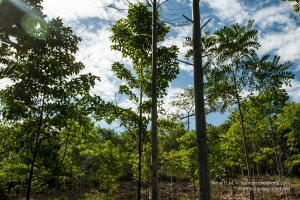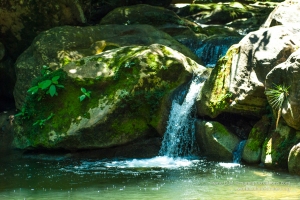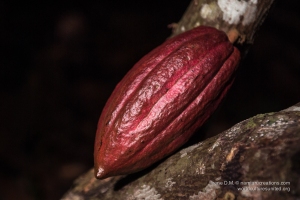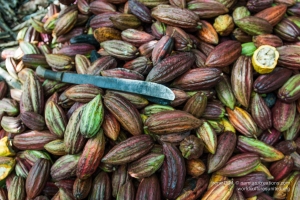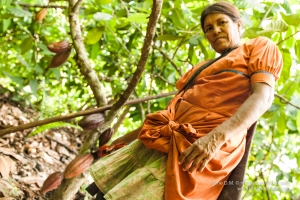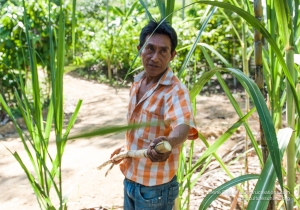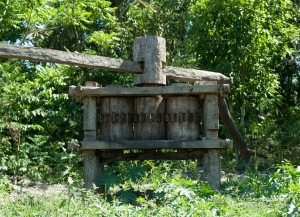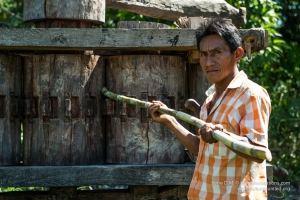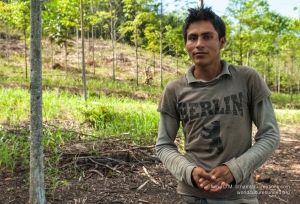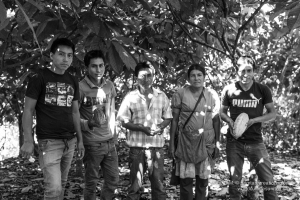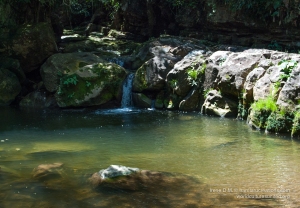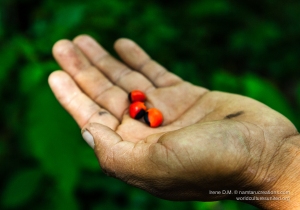Rumicallpa is a native community and eco touristic resort located in the district of Shanao, province of Lamas (San Martin region, Peru). It is built on a territory of ca 11000 hct. in the jungle region of San Martin, which have been reforested. WCU has been invited to visit the community and take these official photos, as well as a promotional video (coming soon), in order to help and support them with this beautiful sustainable project.
The objective of the project is to make known the potential of the city of Lamas, with the alternatives of sustainable tourism for native communities, such as experiential tourism. They have coconut, cocoa, sugar cane and corn plantations, which they cultivate and export using eco friendly methods.
Visitors can be part of the daily activities of the population, like: Make straw hats, elaborate ceramics based on clay, harvesting agricultural products, participation in food preparation, artisanal fishing, extraction of cane juice.
The population of Rumicallpa is working on a sustainable development project that focuses on “experiential tourism”, a project that has been carried out by a professional in tourism and a resident of the city of Lamas. Nowadays, Melvin and Thiago Sangama, together with the other members of Rumicallpa community, are investing and co-working with institutions of Tarapoto to develop tourist and financial plans in this place.
Rumicallpa offers guided tours to visit the different plantations and to the famous waterfalls. They care for the preservation of the local flora and fauna, like tangaras, flycatchers, hoatzines, vultures, hawks, zenaidas auriculata, cuckoo squirrels and other tropical dry forest species. Along the way people can enjoy the beautiful green mountains that are part of the Regional Conservation Area Cordillera Escalera.
Special thanks to Melvin and Thiago Amasifuen for inviting us and present their beautiful community and eco resort. If you want to travel to this place and receive special offers via WCU, contact us
Part of the description comes from this blog.
